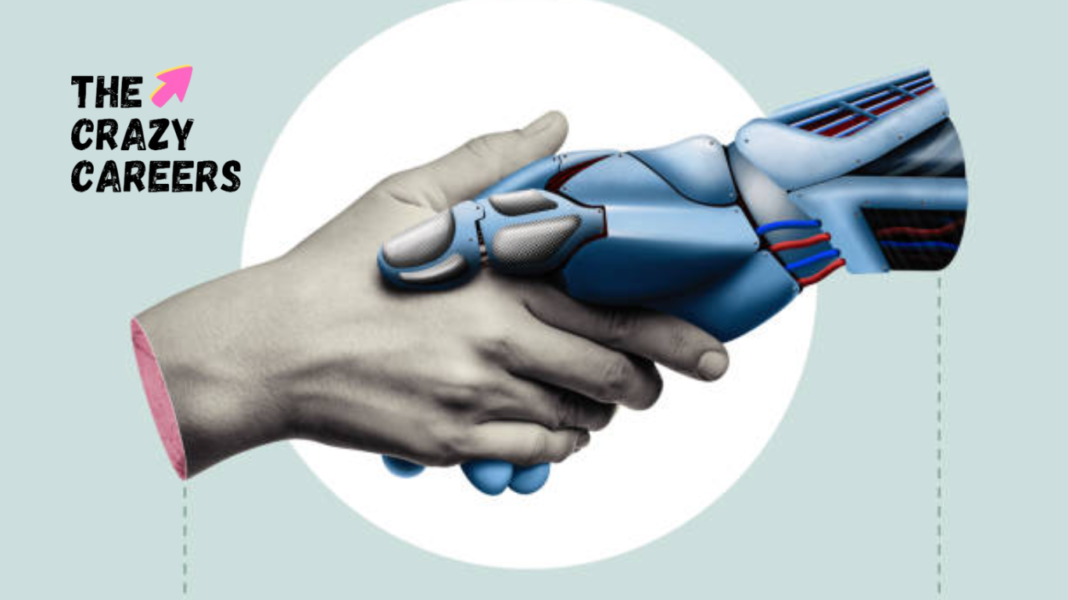Artificial intelligence (AI) is redefining the job sector rapidly. Self-learning capabilities, with or without human intervention, are transforming occupations. As AI performs many tasks, enhances human capabilities, and sparks a fourth industrial revolution, AI education becomes important. Universities are equipping students with the knowledge, skills, and attitude to thrive in an AI-driven world.
Understanding Impact of AI Education
Universities recognize the profound effect of AI on various industries. They are taking steps to ensure students are ready for the future. By incorporating AI into curricula and fostering innovation, students gain essential tools and mindsets for the AI era.
Interdisciplinary Approach to AI Education
AI education requires an interdisciplinary approach. AI spans multiple domains, connecting computer science, engineering, health, business, and social sciences. To expose all students to innovation, universities adopt interdisciplinary methods. AI coursework prepares students for a future where AI impacts many industries. Courses cover AI principles, applications, and ethical implications. By encouraging transdisciplinary cooperation, students learn AI’s possibilities and consequences.
Skill-Oriented Teaching and Practical Experience
Theoretical knowledge is vital, but practical experience is crucial for tackling AI challenges. Universities emphasize practice-oriented learning. Internships, project work, and industry partnerships ensure students learn to apply AI models. AI labs and research centers provide hands-on experience with modern tools. Real-life projects enhance problem-solving, critical thinking, and flexibility, key skills for an AI-driven job market.
Fostering an Entrepreneurial Mindset
AI is creating opportunities in new and existing industries. Universities prepare students to become future entrepreneurs. They encourage participation in entrepreneurship programs and start-up incubation centers that leverage AI. These initiatives foster innovative thinking and the ability to see AI’s potential applications. Universities support the development of an entrepreneurial mindset, producing leaders for AI-driven businesses.
Also Read | Gen AI and Academic Honesty
Ethical and Responsible AI Development
As AI integrates into business and personal life, ethical and societal concerns arise. Universities teach students to design AI responsibly, addressing risks and biases. Courses cover ethical AI use, data protection, algorithmic fairness, and AI’s societal effects. This education ensures students develop efficient and ethical AI technologies, helping distinguish truth from falsehood.
AI has revolutionized the world. Universities aim to provide future-centric education, preparing students for an AI-driven future. With innovative approaches to new-world problems, universities offer state-of-the-art AI courses. As the world advances, universities stay ahead, readying students for the challenges and opportunities of AI systems.
Attention: The above article has been authored by Prof.(Dr.) Rajesh Kumar Sinha, Dean – Academics, SGT University.





Nice Article